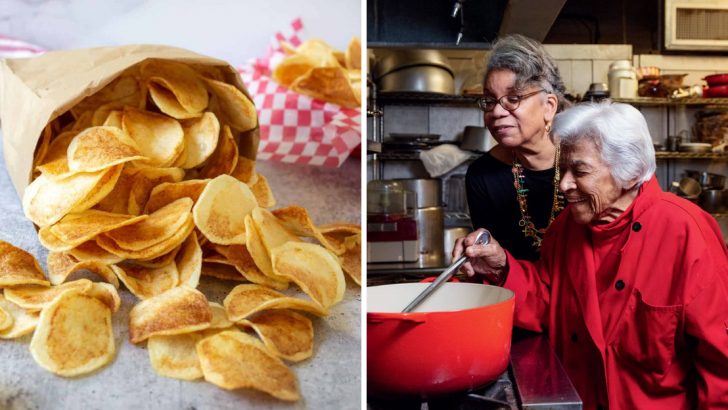Black Americans have long been the driving force behind some of the most transformative and delicious innovations in the culinary world. While their contributions are often overlooked, their impact on the way we eat today is undeniable.
From creating iconic dishes to developing groundbreaking food products, these innovations have shaped American cuisine in ways that deserve to be celebrated. Here are 12 food innovations by Black Americans that not only changed history but continue to inspire the way we cook, eat, and enjoy food.
1. George Speck Crum – The Crispy Accident That Changed Snacking Forever
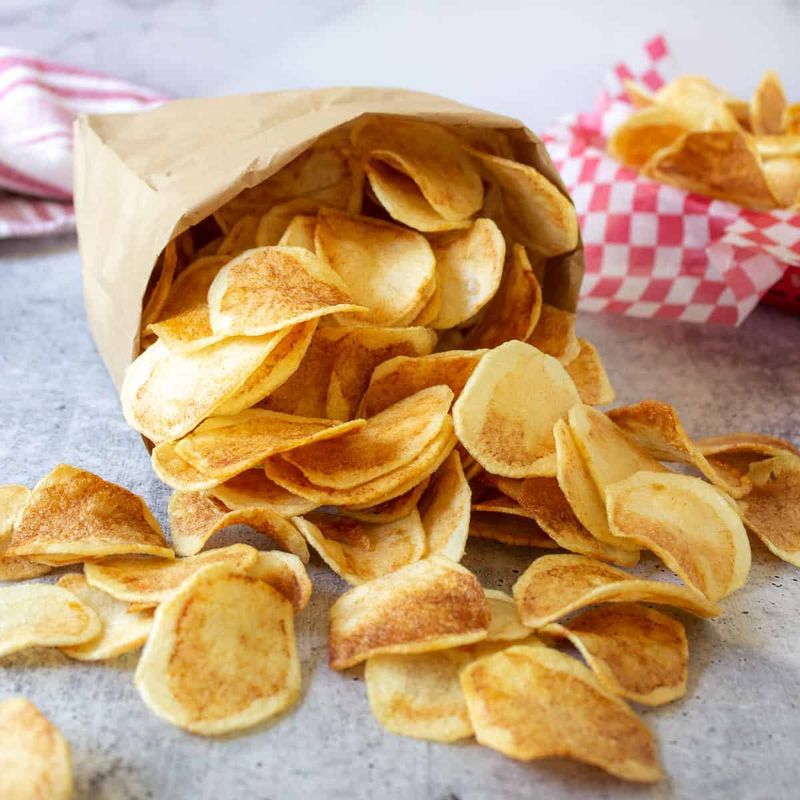
Legend has it that America’s favorite snack was born from pure spite! In 1853, when a fussy customer kept sending back his potatoes for being too thick, chef George Speck Crum sliced them paper-thin and fried them to a crisp.
To his surprise, the customer loved them! These crispy accidents—now known as potato chips—sell by the billions today. Crum, a chef of African and Native American heritage, later opened his own restaurant where his chips became the star attraction.
2. Alfred Cralle – The Man Who Revolutionized Ice Cream Service
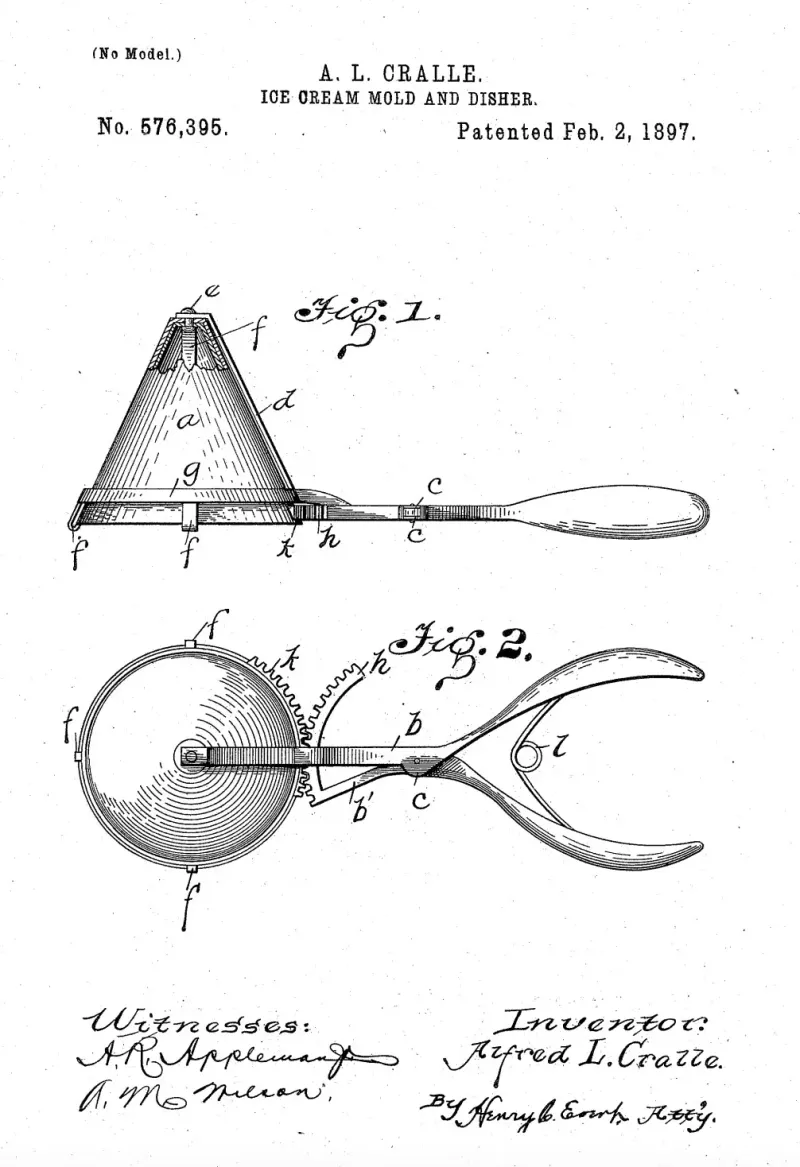
Ever grabbed an ice cream scoop without thinking twice about who invented it? Thank Alfred Cralle! Born just after the Civil War, this brilliant Pittsburgh businessman spotted servers struggling with sticky ice cream sticking to spoons and ladles.
His 1897 invention—the “Ice Cream Mold and Disher”—featured a practical design with a built-in scraper that cleared itself with each use. Cralle never got rich from his creation, but his ingenious tool remains virtually unchanged in ice cream shops worldwide.
3. Frederick McKinley Jones – The Man Who Kept Food Fresh On Wheels
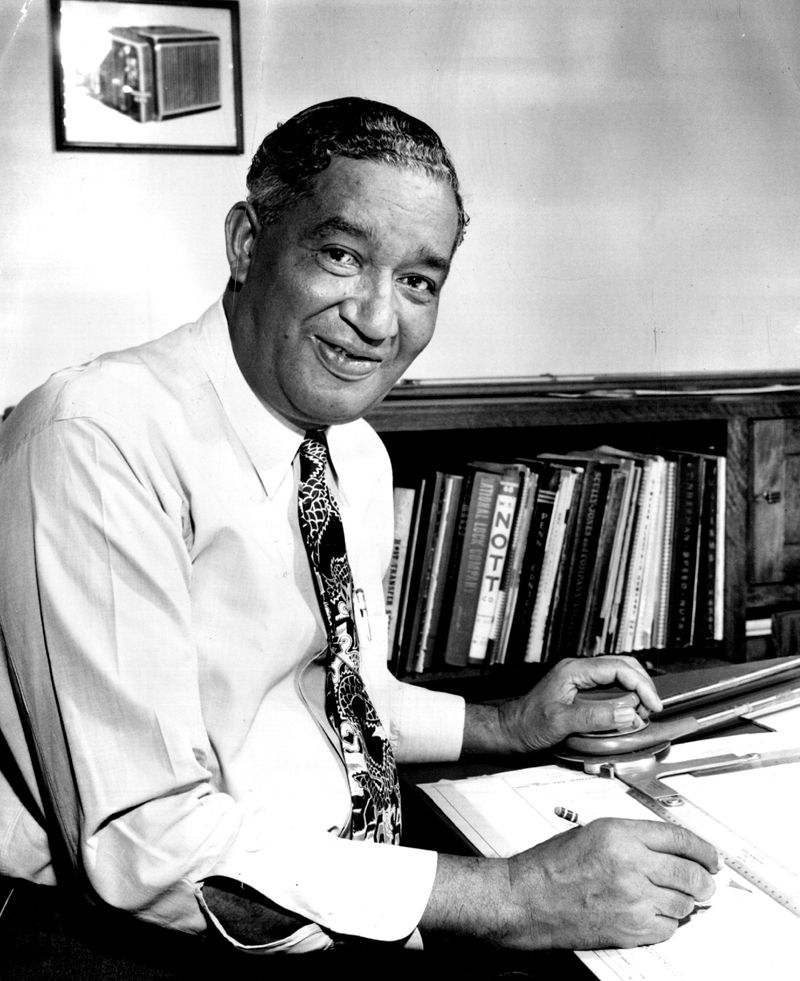
Strawberries in winter? Fresh meat shipped cross-country? You can thank Frederick McKinley Jones! This self-taught genius invented the first practical refrigeration system for trucks in the 1930s, completely transforming how we eat.
Before Jones came along, food spoiled quickly during transport. His breakthrough Thermo King units kept perishables cold and fresh over long distances, making year-round produce possible nationwide. Jones received his refrigeration patent posthumously in 1961—the first African American to receive such an honor.
4. James Hemings – America’s First Culinary Celebrity Chef
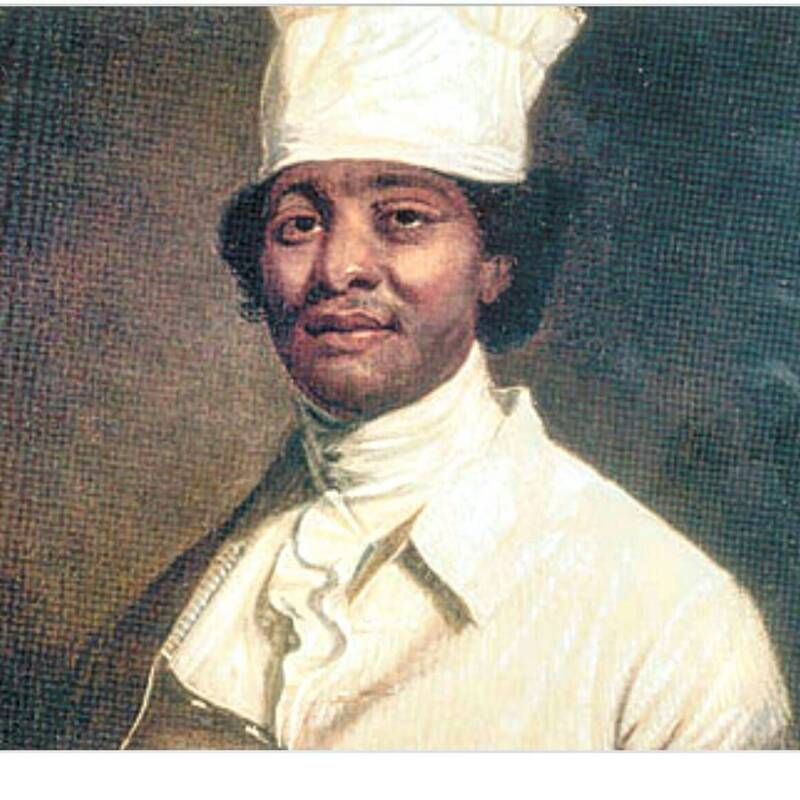
Mac and cheese lovers, raise your forks! America’s beloved comfort food came to us through James Hemings, Thomas Jefferson’s enslaved chef who trained in France’s finest kitchens. Talk about a hidden figure in food history!
Hemings mastered French cooking techniques at elite Parisian restaurants while Jefferson served as ambassador. When they returned to America, Hemings brought back macaroni and cheese, ice cream, whipped cream, and French fries—foods now considered quintessentially American.
5. John Young – The Unsung Buffalo Wing Pioneer
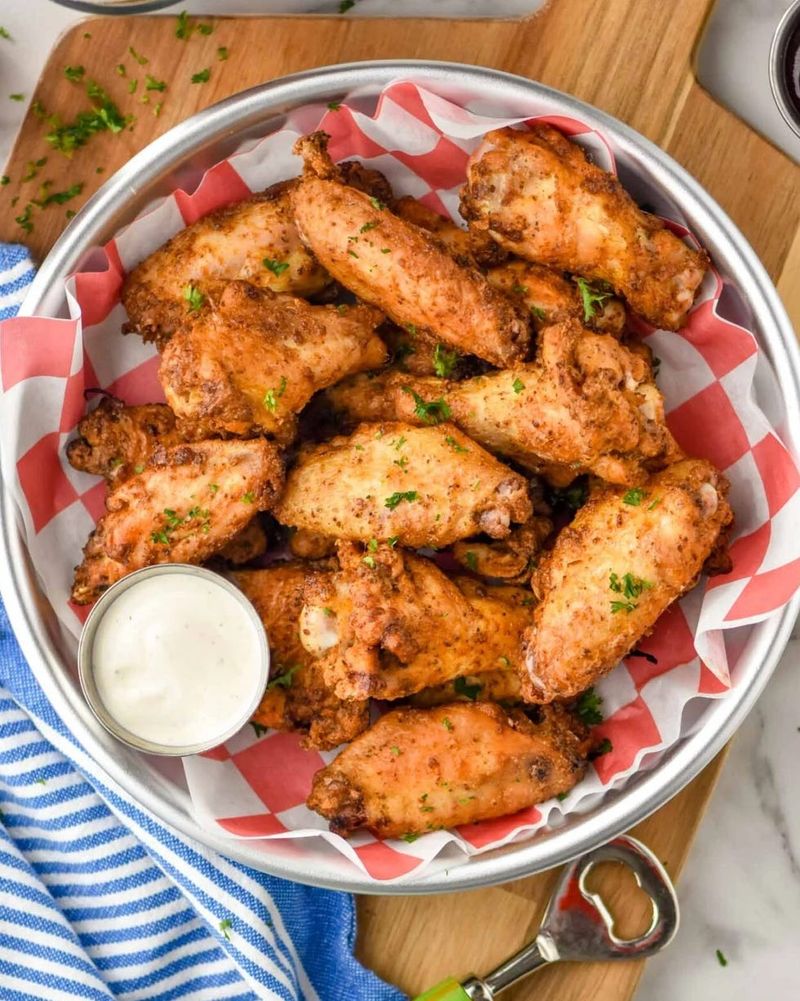
Forget what you’ve heard about Buffalo wings—John Young was frying chicken wings with his special “mambo sauce” years before the Anchor Bar claimed to invent them! This culinary trailblazer opened his Buffalo, NY restaurant in 1964, serving up whole wings coated in his tangy-spicy sauce.
Young’s “Wings and Things” had locals lining up around the block. His unique preparation—keeping the wings whole rather than splitting them—became known as “mumbo-style” wings throughout the region. Though the Anchor Bar gets most of the credit today, many Buffalo natives still insist Young was the true wing king.
6. Edna Lewis – The Grande Dame Of Southern Cooking
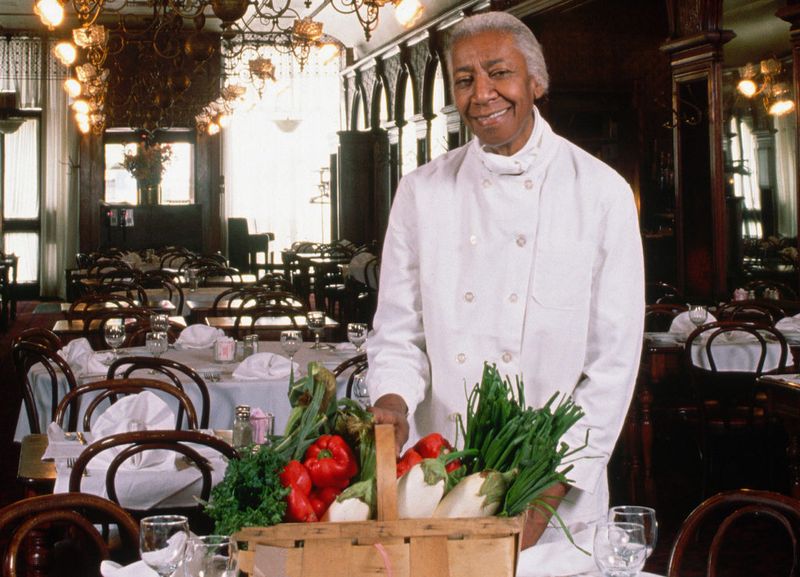
Before farm-to-table was trendy, Edna Lewis lived it! Born in 1916 in Freetown, Virginia (a community founded by freed slaves), Lewis learned cooking from scratch using ingredients straight from the garden and woods around her.
Her revolutionary 1976 cookbook, “The Taste of Country Cooking,” organized recipes by seasons—a radical concept at the time. Lewis elevated Southern cooking from simple “soul food” to a sophisticated cuisine worthy of respect, emphasizing fresh ingredients and traditional techniques.
7. Leah Chase – The Queen Who Fed The Civil Rights Movement
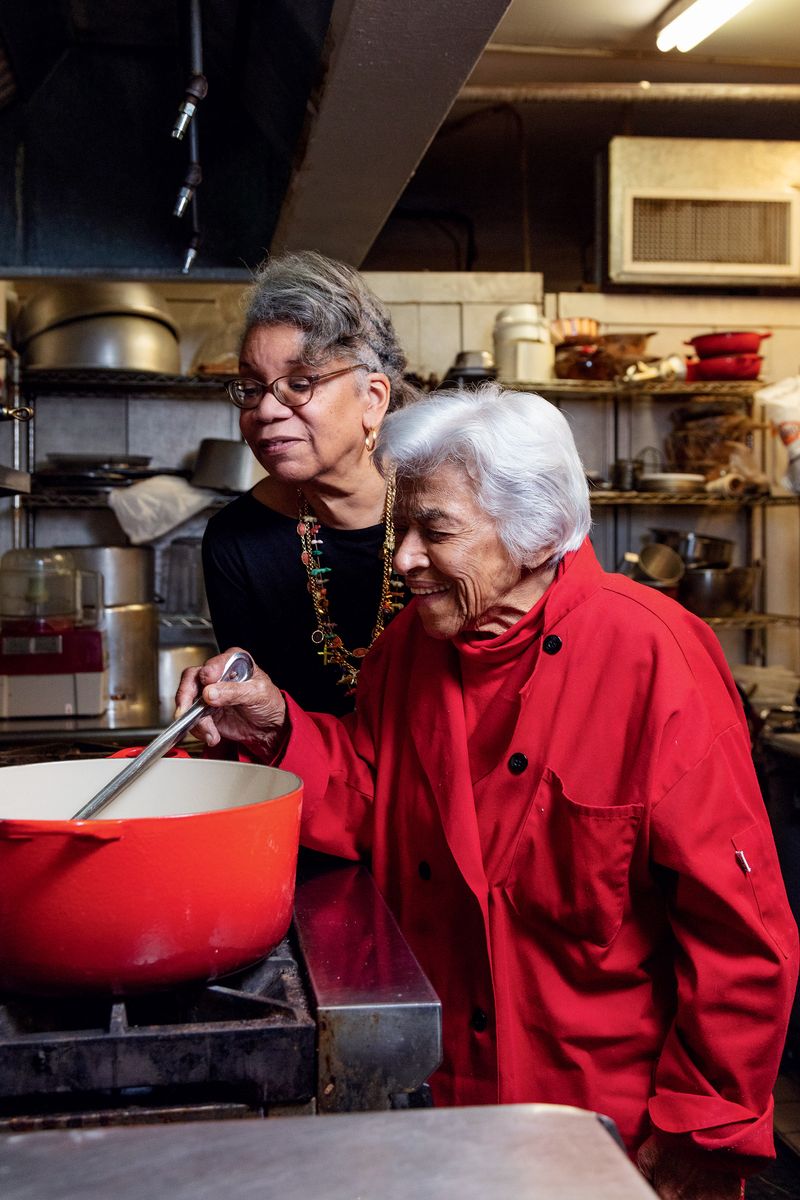
Holy gumbo! Leah Chase didn’t just cook food—she made history with it! Her legendary New Orleans restaurant, Dooky Chase’s, became a secret meeting spot for civil rights leaders when racial segregation was still the law.
While serving up mind-blowing Creole dishes, Chase hosted planning sessions with Martin Luther King Jr., Thurgood Marshall, and local activists. She famously told MLK, “You can talk about what you need to talk about here, but you’re going to eat first!”
8. Rufus Estes – The Railroad Chef Who Elevated Travel Dining
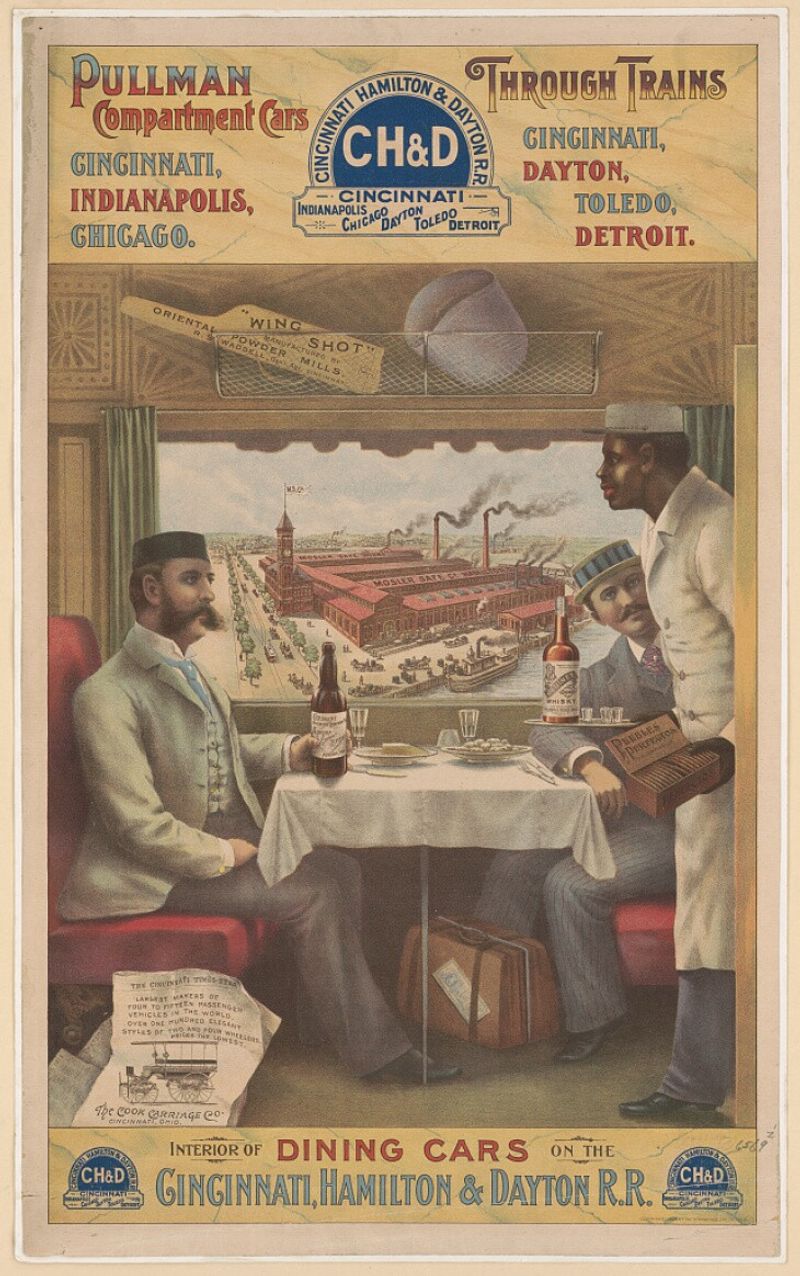
From enslaved child to culinary pioneer! Born into slavery in 1857, Rufus Estes transformed luxury train dining after emancipation. As head chef for the Pullman Company’s private railroad cars, he served presidents, foreign dignitaries, and the ultra-wealthy.
Estes mastered the impossible art of creating gourmet meals in tiny, moving kitchens while trains rocked and swayed across America. His 1911 cookbook, “Good Things to Eat,” was among the first published by an African American chef.
9. The Black Panthers – Revolutionary Breakfast Pioneers
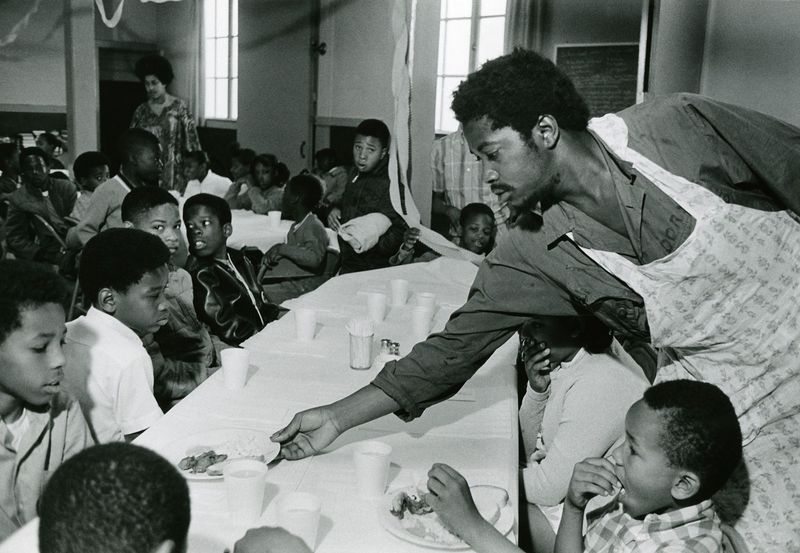
Surprising fact: The free school breakfast program we know today began with the Black Panthers! In 1969, these revolutionary activists launched their Free Breakfast for School Children Program in Oakland, California—not just as charity, but as direct community action.
Party members woke before dawn to prepare hot, nutritious breakfasts for neighborhood children before school. The program quickly spread to multiple cities, feeding thousands of hungry kids daily when government programs didn’t exist.
10. Will Allen – The Urban Farming Revolutionary
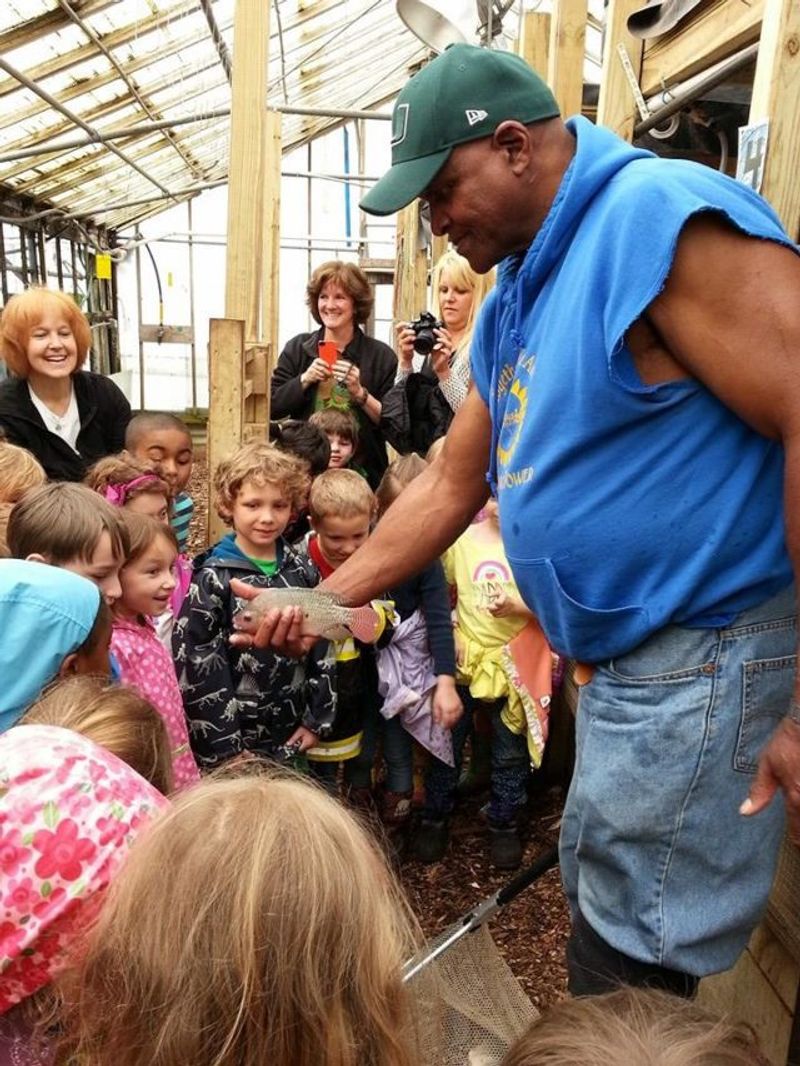
Former pro basketball player Will Allen didn’t just start a farm—he sparked a movement! In 1993, this 6’7″ visionary purchased the last remaining farm in Milwaukee and transformed it into Growing Power, an urban agriculture revolution.
Allen pioneered vertical farming techniques, aquaponics systems, and composting methods that could produce astonishing amounts of food in tiny city spaces. By training thousands of community farmers and building food systems in urban food deserts, Allen proved that fresh, healthy food could be grown anywhere.
11. Steve Henson – The Ranch Dressing Revolutionary
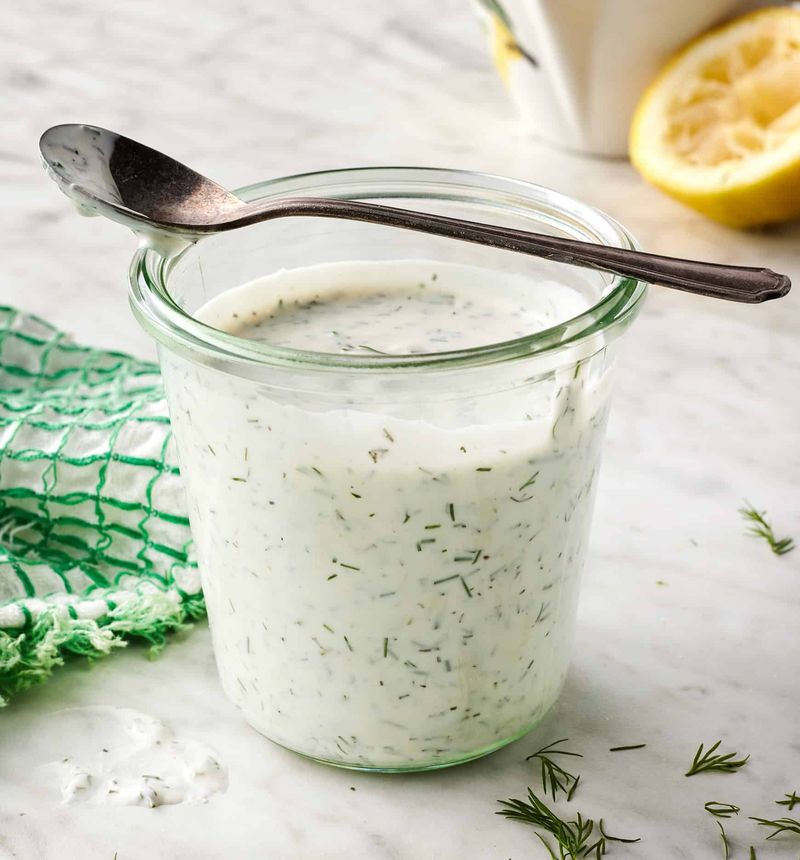
America’s favorite dressing has a surprisingly humble beginning! In the 1950s, plumber-turned-entrepreneur Steve Henson created a creamy, herb-flecked dressing to entice guests at his California dude ranch to eat their vegetables.
Henson began mixing the dry ingredients in envelopes for guests, who simply added buttermilk and mayonnaise. When Henson sold his recipe to Clorox in 1972 for $8 million, few could have predicted his creation would become America’s best-selling dressing.
12. George Washington Carver – The Plant Wizard Who Transformed American Agriculture
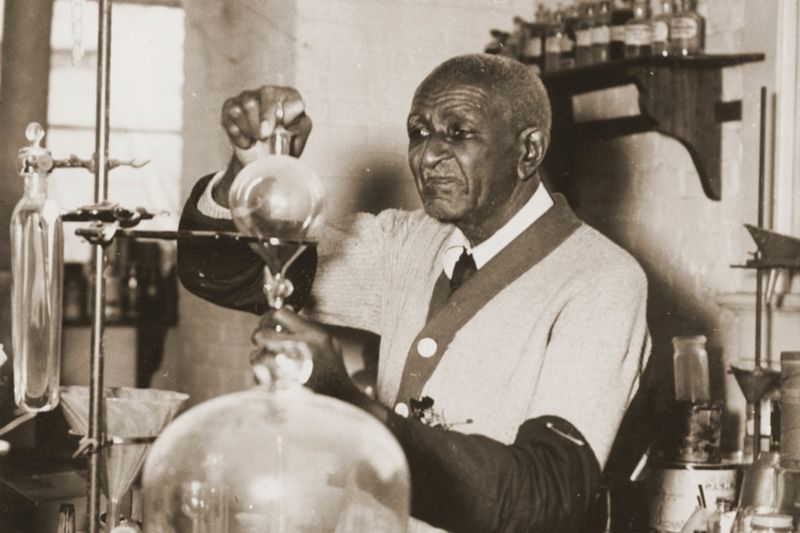
Forget peanut butter—that’s just the beginning of Carver’s genius! This scientific wizard developed over 300 uses for peanuts, including milk, plastics, dyes, and cosmetics. Born into slavery around 1864, Carver revolutionized Southern agriculture when cotton had depleted the soil.
His brilliant solution? Peanuts, sweet potatoes, and soybeans—plants that naturally restored nitrogen to the soil while providing nutritious food and valuable products. Rather than patenting his innovations, Carver freely shared his knowledge, believing that science should benefit everyone.

